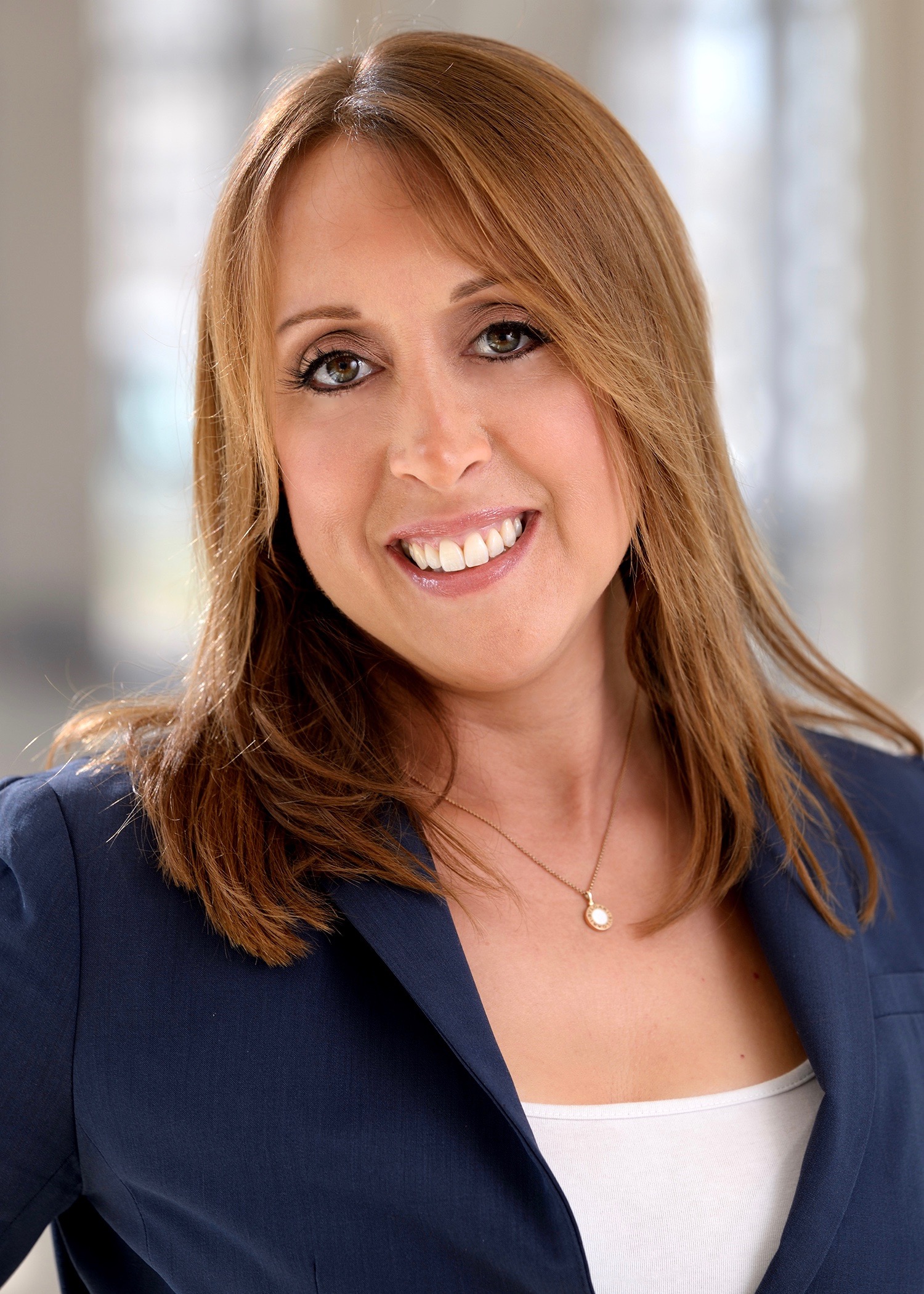
The psychological toll of the pandemic on our nation’s children will be significant and long-lasting. Given the staggering number of COVID-related deaths in this country, we are now facing a silent epidemic of grief, or “psychological long COVID,” which will have a lifelong impact on the many children who have lost loved ones to COVID. Across the nation, over 175,000 children have experienced the death of at least one parent or caregiver to COVID, with the majority among Black and Hispanic families. Many of these families were facing racial health disparities and higher death rates even prior to the pandemic, making them more vulnerable to the psychological impact of COVID-related losses.
The sudden death of a loved one is the strongest predictor of poor school outcomes (e.g., poor grades, school dropout) in youth, above and beyond any other form of trauma, including physical abuse or sexual abuse. These youth are also more likely to experience posttraumatic stress, depression, anxiety, and risk-taking behaviors. If left unaddressed, traumatic losses in childhood can lead to a wide range of challenges in adulthood, including relationship difficulties, substance abuse, prolonged grief disorder, depression, and suicide risk. This speaks to the need to identify bereaved youth as quickly as possible and provide the right type of support at the right time.
The good news is that parents, educators, and other caring adults can support grieving children in multiple ways, thereby ensuring the long-term well-being of our most vulnerable youth. This presentation will describe how grief can manifest in children of different ages, key bereavement-related challenges that children and adolescents face, and what adults can do to recognize and support grieving youth. Dr. Kaplow will also provide information about the Trauma and Grief Center’s efforts to address this critically important issue, both regionally and nationally.

Founder and Executive Director of the Trauma and Grief Center
The Hackett Center for Mental Health